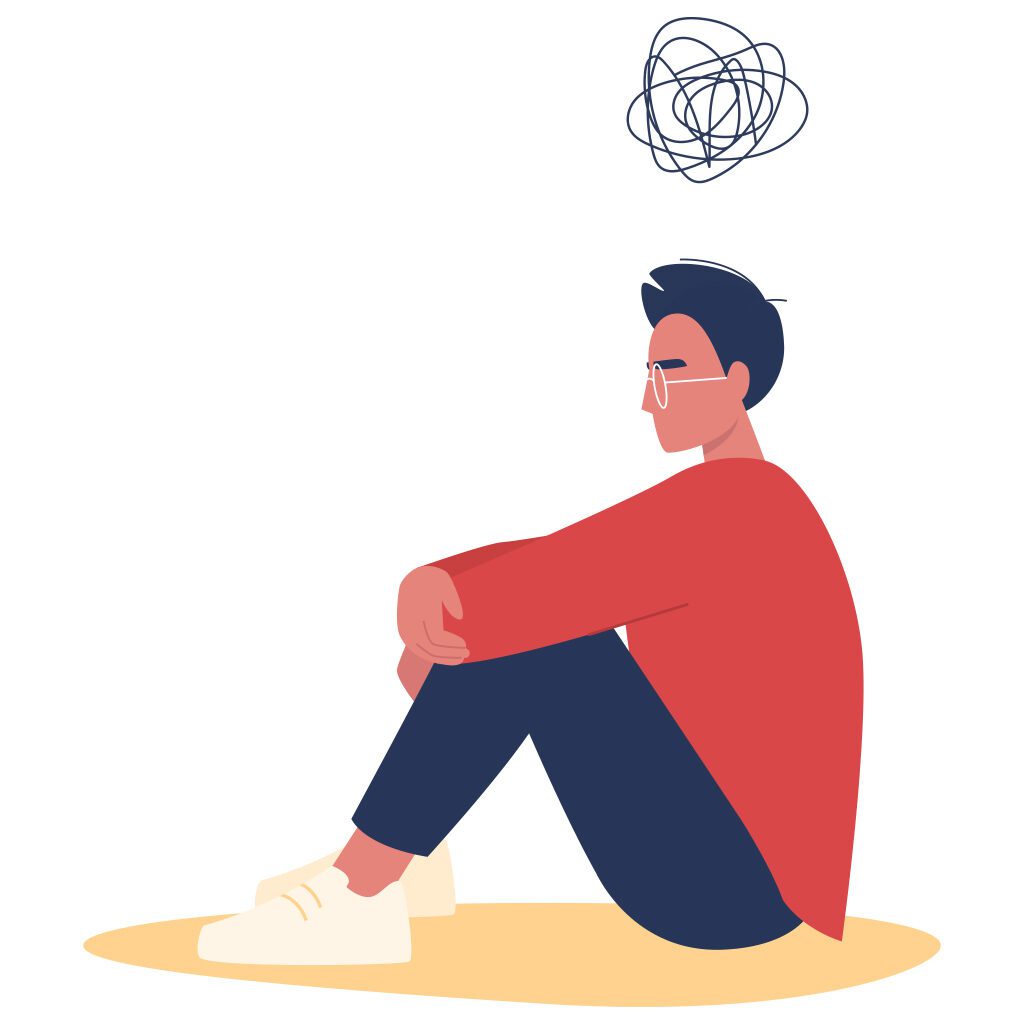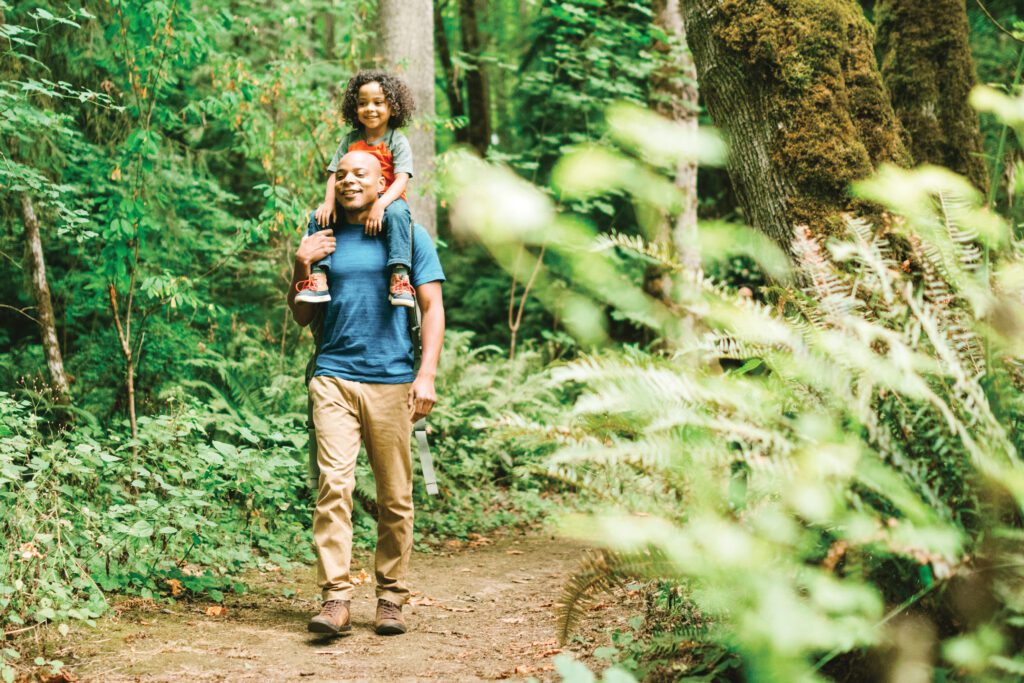Health in a Minute | For Him
Coping With Anxiety as a Man
Statistically, men are less likely to be clinically diagnosed with anxiety disorders than women, but that doesn’t mean they are less likely to experience anxiety. Here are some things you should know about how anxiety can affect men.
Symptoms of anxiety can manifest a bit differently in men than they do in women. This is likely due to the fact that men are often socially conditioned to bottle up feelings of nervousness or worry rather than expressing them in a healthy way. As a result, common symptoms of anxiety for men are anger or irritability, trouble sleeping, muscle aches and pain, strained relationships, and use of alcohol or other substances to cope.
Some men worry that expressing anxious thoughts or feelings could be taken as a sign of weakness, but there is no need to suffer in silence. Anxiety disorders affect over 40 million adults in the United States every year, and they are highly treatable with therapy, medication, or a combination of the two.


Ticked Off
Summer is a great time to get outside, but it’s also when ticks are most active. Ticks can spread a number of diseases to humans, some of which can cause severe complications. Here are some tips for dealing with these problematic parasites.
1. Avoid walking in wooded and brushy areas, grassy areas, and areas with a lot of leaf litter. If you’re going on a hike, stay on the trail.
2. In addition to wearing tick repellants on your skin, the CDC recommends wearing clothing treated with permethrin, a highly effective tick repellent.
3. Once you get home, check your clothing and your body thoroughly for ticks. Showering within two hours of being outdoors can help to wash off any unattached ticks.
4. If you do find a tick, remove it as soon as possible with fine-tipped tweezers, pulling up from the skin without twisting or jerking to avoid breaking off parts of the tick.



5. If a rash or fever develops within a few weeks of the tick bite, consult your doctor.

